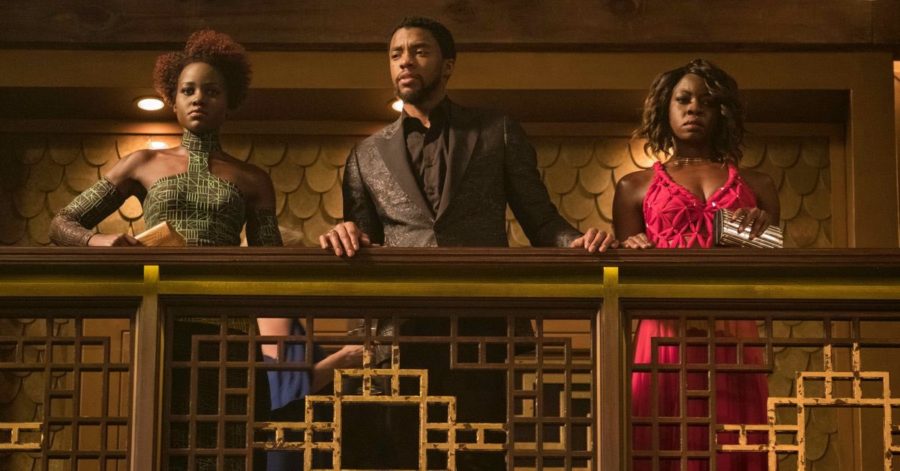We’ve been to Wakanda and back. We saw the beauty of our diversity and the complexity of our heritage. We saw: different ideologies, different upbringings but the same people. We’ve been to Wakanda, but we don’t have to snap back. Black Panther’s fantasy world may be closer than it seems. And we don’t need vibranium to make the trip – just a college tour. Here is how HBCUs reflect the Diaspora spectrum in Black Panther.
The duality between T’Challa and Killmonger is a driving synopsis in Black Panther. The constant clash between their characters is a theatrical approach to the diaspora debate. The rooted and secular African persona versus the disconnected yet resilient African American self. The egocentric pride of identity versus the relentless wish for belonging. The diplomatic king versus the tyrannical ruler. The cliche protagonist versus the misunderstood rival. Two polarizing leaders, two distinct philosophies – yet, two rightful kings. Rightful, because both Wakandans.
And in the movie, it is the “both” that matters more than the “versus”. Indeed, despite their dichotomy, T’Challa and Killmonger are satirically similar. They are both the victims of their father’s past. Both of them are inherently attached to Wakanda. Each king – for the sole interest of their people (whatever each thinks that may be). Because when the world was against Killmonger and the rest of the planet ignored the power of T’Challa- it is only in Wakanda, that they both became kings. Because “ When the king has the power of the Black Panther stripped away “, we see them for what they are – family.
It is that family, that rightfully makes Wakanda, both T’Challa’s and Killmonger’s. That bound, the profound sense of family, is what rightfully makes HBCUs a Wakanda of their own. After all, behind the hidden forests and the technology, Wakanda is simply a safe space of blackness. Like HBCUs, the kingdom offers a refuge – a comfort zone where blackness prospers and thrives – well aware of the world within and outside – much more knowledgeable than it is believed to be.
.@theblackpanther star @chadwickboseman thought after attending Howard University, he "would never have a black experience quite like that ever again, and here I am now in this movie." @byronpitts sits down with the cast tonight on Nightline. #BlackPanther pic.twitter.com/Ax592ko2cn
— Nightline (@Nightline) February 17, 2018
In the words of Chadwick Boseman, who attended the illustrious Howard University, “You have everything possible in that experience. And the weird thing is I thought I will never have quite an experience like that ever again, yet here I am, in this movie.” As he says “ the [HBCU] experience is one where you see the diversity of our blackness. People from the Caribbean, different countries in African, you see the difference within the states. You have classmates from France, London.”
But unlike Wakanda, HBCUs are kingdoms where duality exists not as a rivalry, but in perfect symbiosis. It is one where T’Challa and Killmonger both get to sit on the throne Because maybe, the true force of Wakanda isn’t the utopia of vibranium, but the reality of a common diaspora.
